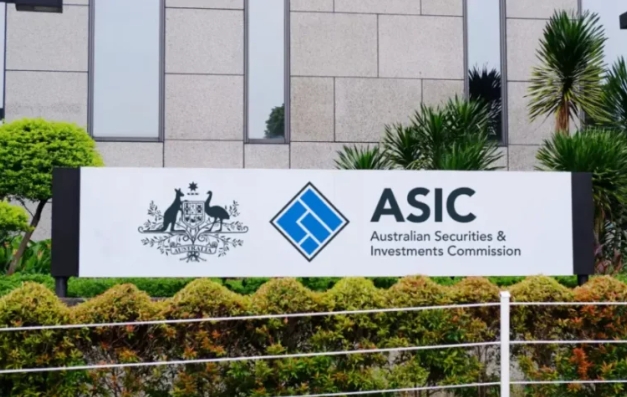The Australian Securities and Investments Commission (ASIC) has published its financial reporting and audit focus areas for the 2025–26 financial year, highlighting increased scrutiny across multiple areas, from revenue recognition and asset valuations, to climate disclosures and auditor independence.
“These surveillance programs aim to enhance the integrity and quality of financial reporting and auditing in Australia. We expect all entities to provide reports and audits that are accurate, complete and informative,” said ASIC commissioner Kate O’Rourke (pictured).
Core areas of financial reporting scrutiny remain unchanged
ASIC confirmed it will continue to focus on areas that require significant judgment from financial report preparers, including:
- revenue recognition
- asset valuation
- estimation of provisions
ASIC urged preparers to apply extra caution in these areas, particularly in the current environment of capital market volatility.
Expanded audit surveillance, including random file selection
ASIC, set to launch firm-level dashboards on reportable situations and dispute resolution, will review more audit files in 2025–26, with a focus on:
- Files where changes were made to financial reports
- Files flagged through internal or external data analysis
- A new randomised selection of audit files from regulated entities
This integrated approach aims to detect risks of material misstatements and reinforce audit quality.
Super fund reporting under the microscope
In 2024, registrable superannuation entities (RSEs) were required to lodge audited financial reports with ASIC for the first time. ASIC has already reviewed around half of all lodged reports and will assess the remainder, including audit files, in the coming year.
Focus areas for RSEs include:
- Measurement and disclosure of investment portfolios
- Disclosure of marketing and advertising expenses
Action on grandfathered entity compliance
ASIC is also monitoring entities that previously benefited from the now-lifted lodgement exemption for grandfathered entities. Some of these companies have failed to lodge financial reports since the exemption ended in 2022.
“Many of these previously grandfathered entities are large companies and should be lodging financial reports. If the auditor is aware that a company is not complying with its lodgement obligations, they should inform ASIC through the appropriate channels,” O’Rourke said.
Sustainability reporting: phased-in approach for climate disclosures
From Jan. 1, 2025, Group 1 entities will be required to report in line with AASB S2 Climate-related disclosures, provided they:
- are required to lodge annual financial reports under Chapter 2M of the Corporations Act;
- meet sustainability reporting thresholds; and
- have not received ASIC relief.
ASIC will review Dec. 31 sustainability reports and publish market observations. While enforcement will remain proportionate and pragmatic, ASIC encourages preparers to act now.
The regulator also directed entities to Regulatory Guide 280 (RG 280) for detailed guidance on sustainability reporting obligations.
Auditors face scrutiny over independence and conflicts
ASIC is continuing a large-scale review of auditor compliance with independence and conflict of interest obligations under the Corporations Act 2001.
“Based on our data model, we considered potential independence issues in relation to over 100 audit engagements before targeting nearly 50 auditors for a more detailed review. We intend to publish the outcomes of this surveillance later this year,” O’Rourke said.
ASIC also encouraged auditors to self-identify and report non-compliance via the regulatory portal.
New disclosure requirements clarified in Info Sheet 284
ASIC has updated Information Sheet 284 to include clearer tax residency requirements and consolidated entity disclosure rules for public companies. The changes apply to annual reports for financial years starting on or after July 1, 2024, and aim to improve transparency in financial disclosures involving multinational structures and partnerships.




